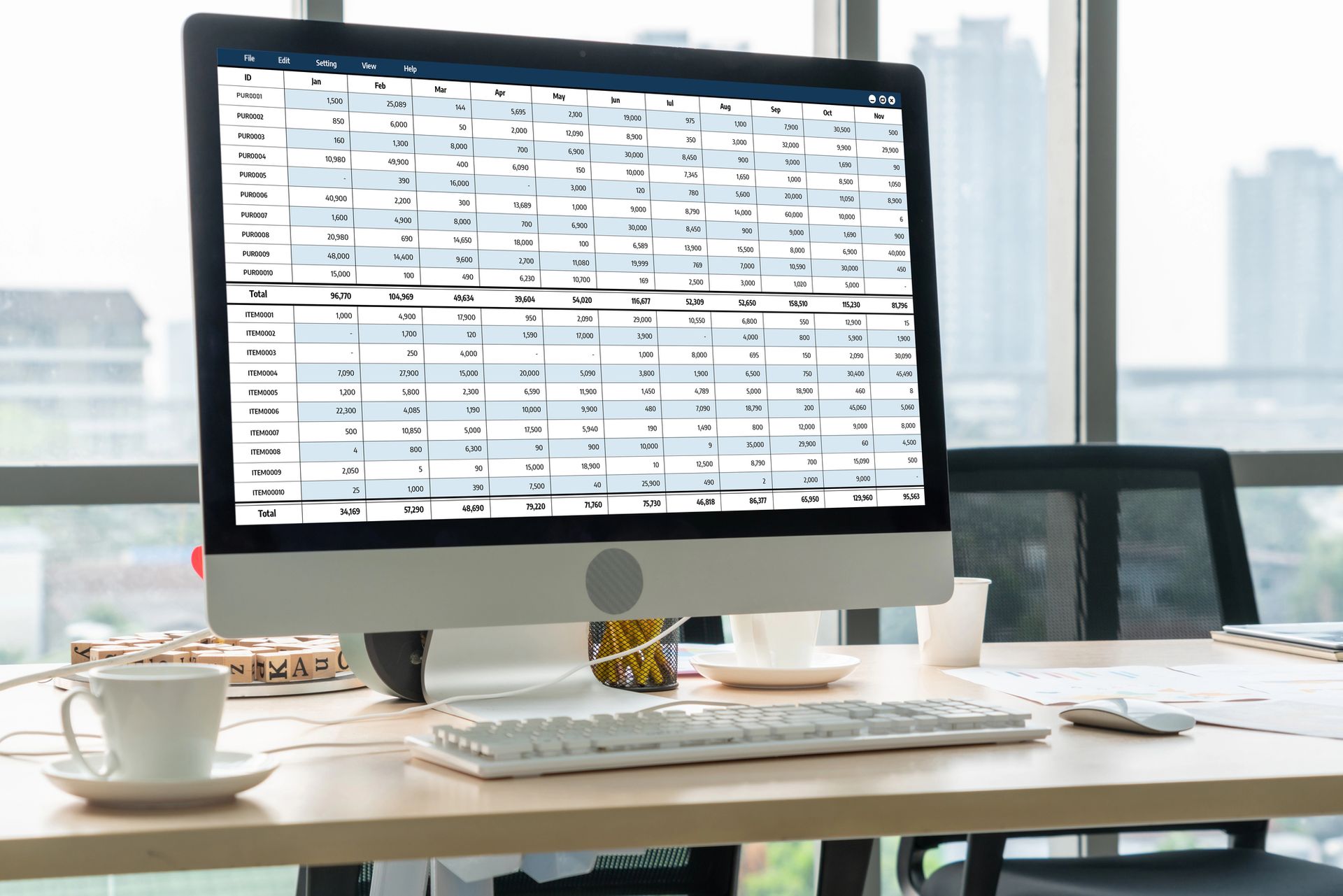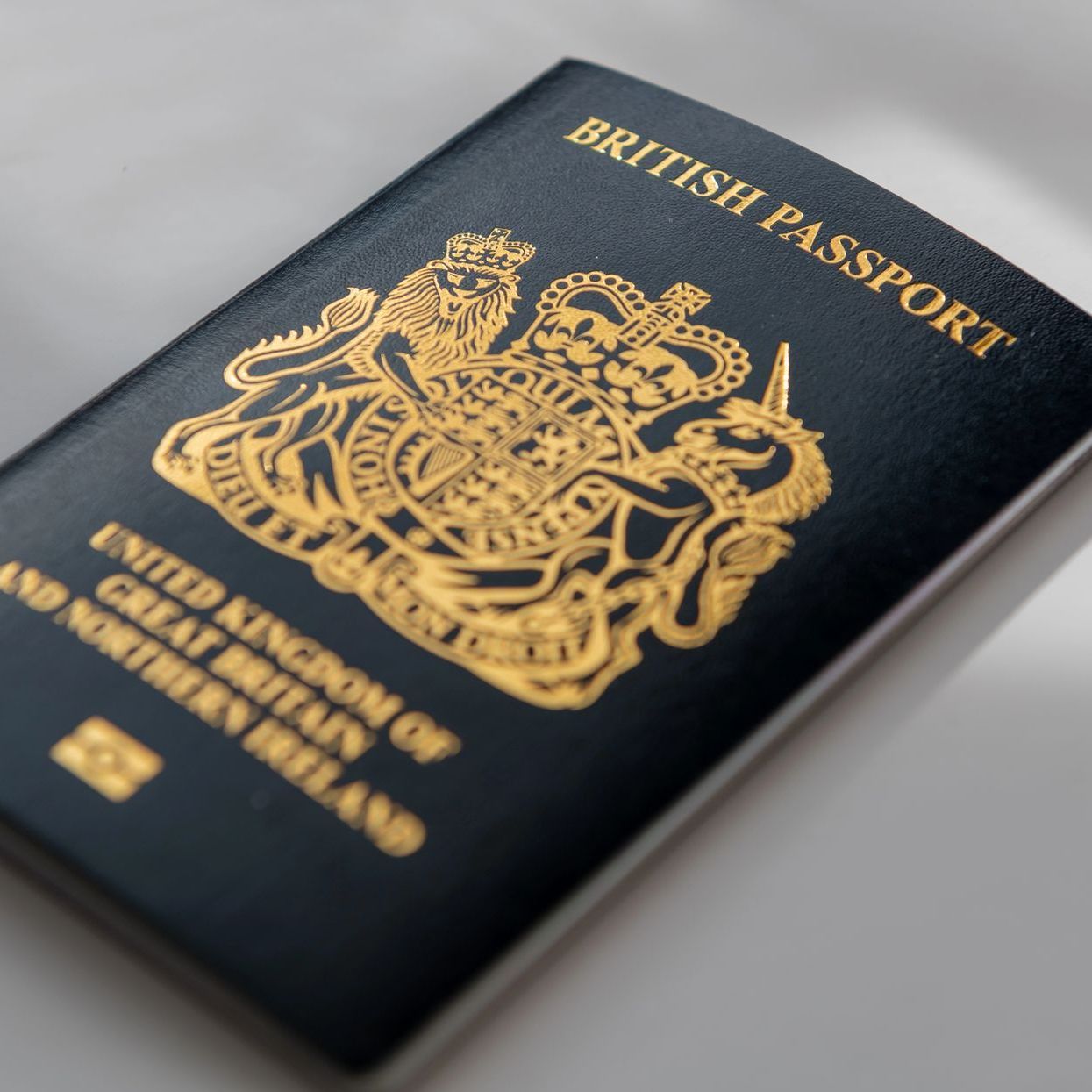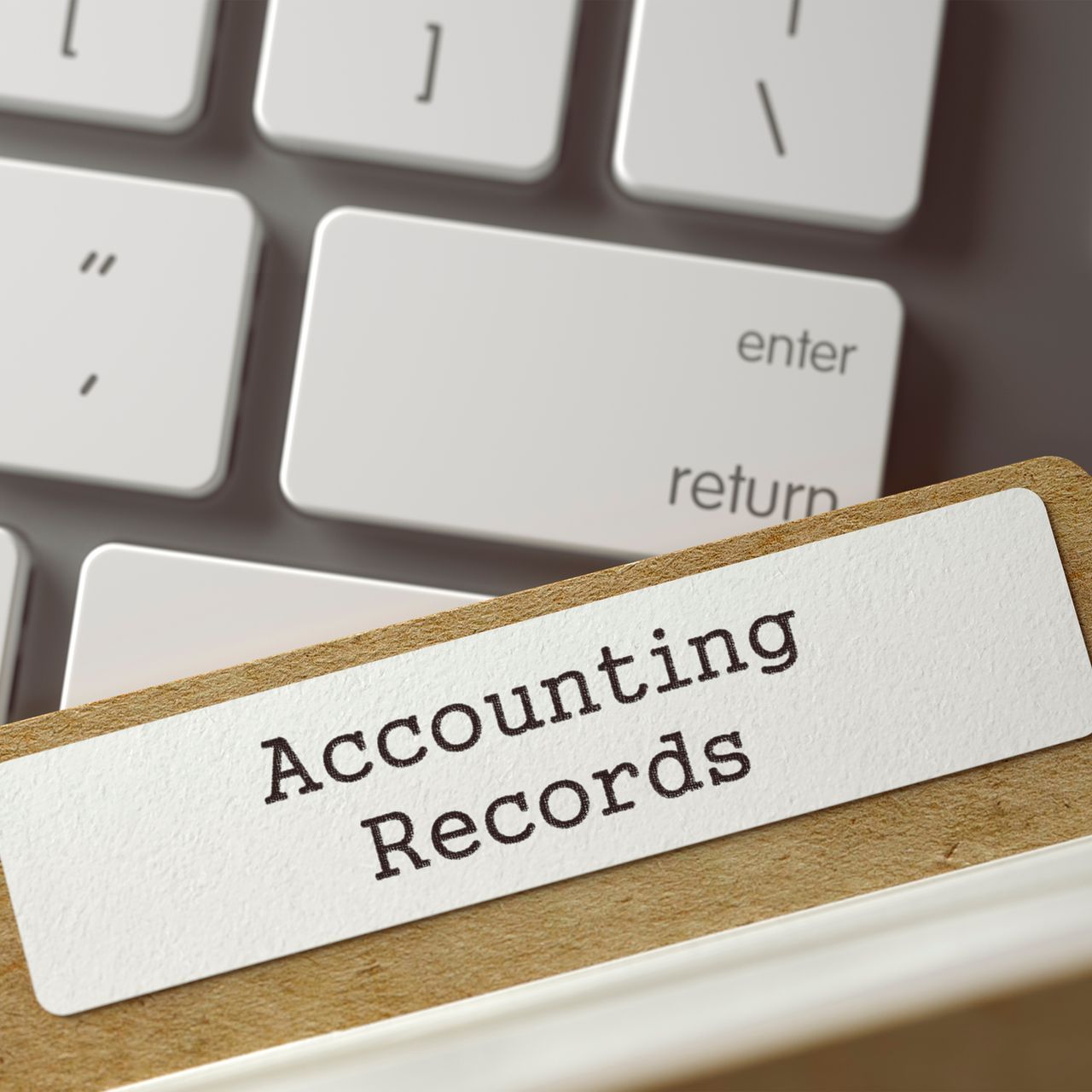How do I record my business transactions?
Depending on the size of your business and as long as you are not VAT registered, there are a few different ways you can record your transactions. You can simply write down the date, amount and a description of your business income and expenses on a piece of paper, although this may quickly become unmanageable if you have a lot of transactions. Using a spreadsheet is a great option for small businesses and you can use different tabs to analyse different balances. Make sure you analyse each bank account and any cash balances separately, so they are easier to reconcile. Treat your PayPal account and any credit cards as a separate bank account as well. You can access my basic spreadsheet hereand by all means get in touch with me if you’re not sure what to do with it.
Alternatively, you could use a bookkeeping package. Be warned though, getting things wrong in a bookkeeping system can make it harder to unpick what is going on than using a spreadsheet. If you are unsure, speak to a qualified bookkeeper or accountant (I’m happy to help 😊).
There are plenty of choices when it comes to a bookkeeping system - my preferred option is QuickBooks, which I use in my own business. By connecting your bank accounts, you can quickly record your transactions and you can invoice your customers quickly and easily using either a desktop PC or the mobile app. As I use QuickBooks myself, I can offer you a really good deal when it comes to using QuickBooks online in your business, so speak to me before you sign up!
Whatever method you choose, keeping your records up to date means you have your business information at your fingertips, allowing you to make decisions easily. When it comes to preparing accounts, you can share your information with your accountant in plenty of time to get your accounts and tax returns submitted on time. As a bonus, if your records are in good order, you will find that your accountant may offer you a better price!
Don’t forget to keep all your receipts and invoices for 6 years, either on paper or digitally.











